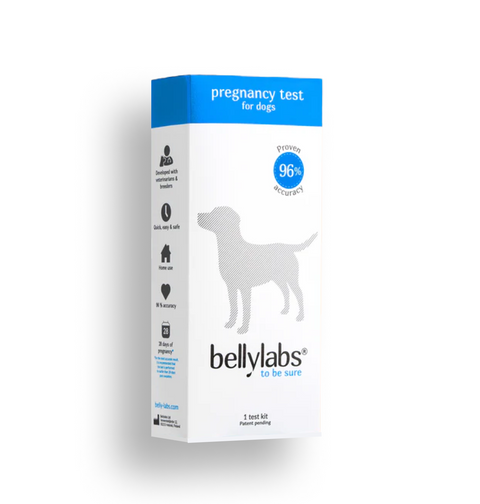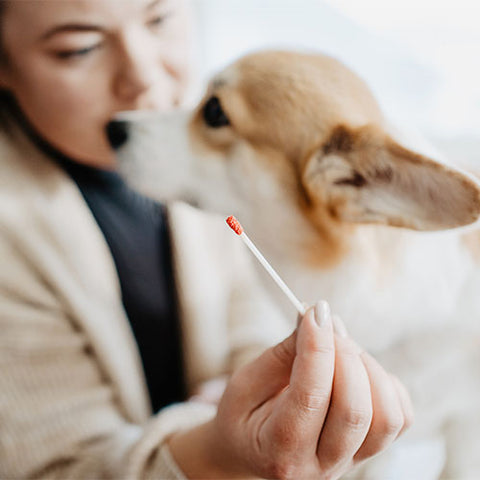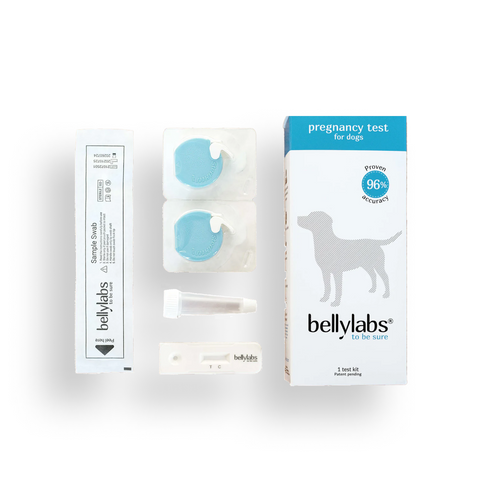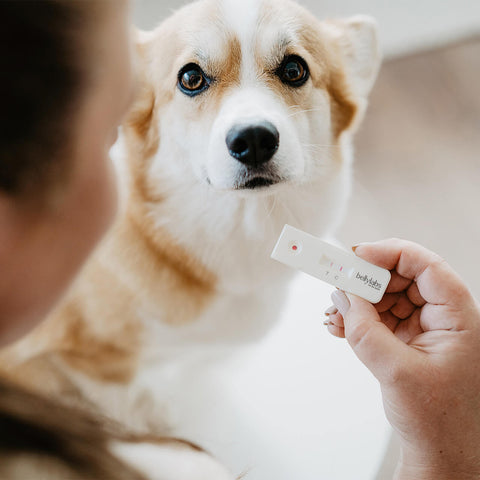Sperm cryopreservation, i.e. freezing, is crucial in reproductive biology, but it can affect sperm quality. This study analyzed the effects of cryopreservation on the sperm of five healthy male dogs to understand which sperm structures are affected and apoptosis markers.
Key Findings:
After cryopreservation, there was a decrease in sperm motility and an increase in apoptosis markers, indicating changes similar to capacitation. Membrane fluidity and permeability increased, affecting plasma and acrosomal cell membranes. Mitochondrial membrane potential decreased, impacting sperm lifespan. However, caspase activity remained stable, suggesting cryopreservation-induced changes are not related to apoptosis.
Discussion and Results:
The cooling and freezing process caused damage to sperm membranes, affecting their ability to adhere to oviduct cells. Cryopreservation induced changes resembling capacitation, altering membrane architecture and lipid composition. This can affect sperm viability and fertilization potential. Mitochondrial membrane potential decreased, indicating reduced energy production, but caspase activity remained unchanged, suggesting cryopreservation-induced changes are not due to apoptosis.
Conclusion:
Cryopreservation negatively affects sperm motility, membrane integrity, and mitochondrial function in dogs. While these changes may impact fertility, caspase activity remains stable, indicating sperm viability is not compromised. Understanding these effects helps optimize cryopreservation techniques for canine breeding programs.
Authors: Carmen Cecilia Sicherle, Fabiana Ferreira de Souza, Camila de Paula Freitas-Dell’Aqua, Gabriele Barros Mothé, Carlos Roberto Padovani, Frederico Ozanam Papa, Maria Denise Lopes.
Published: March 24th, 2020.












